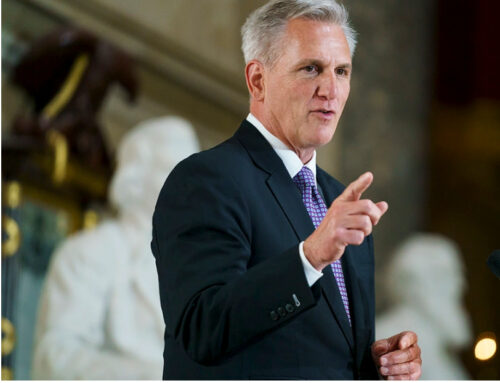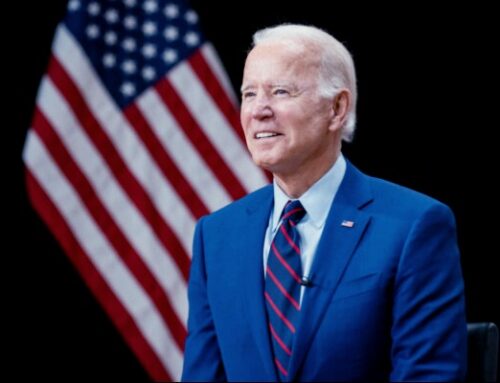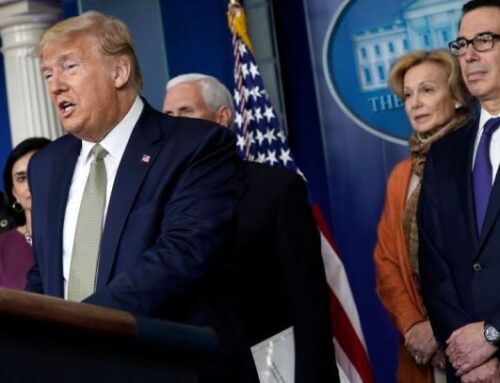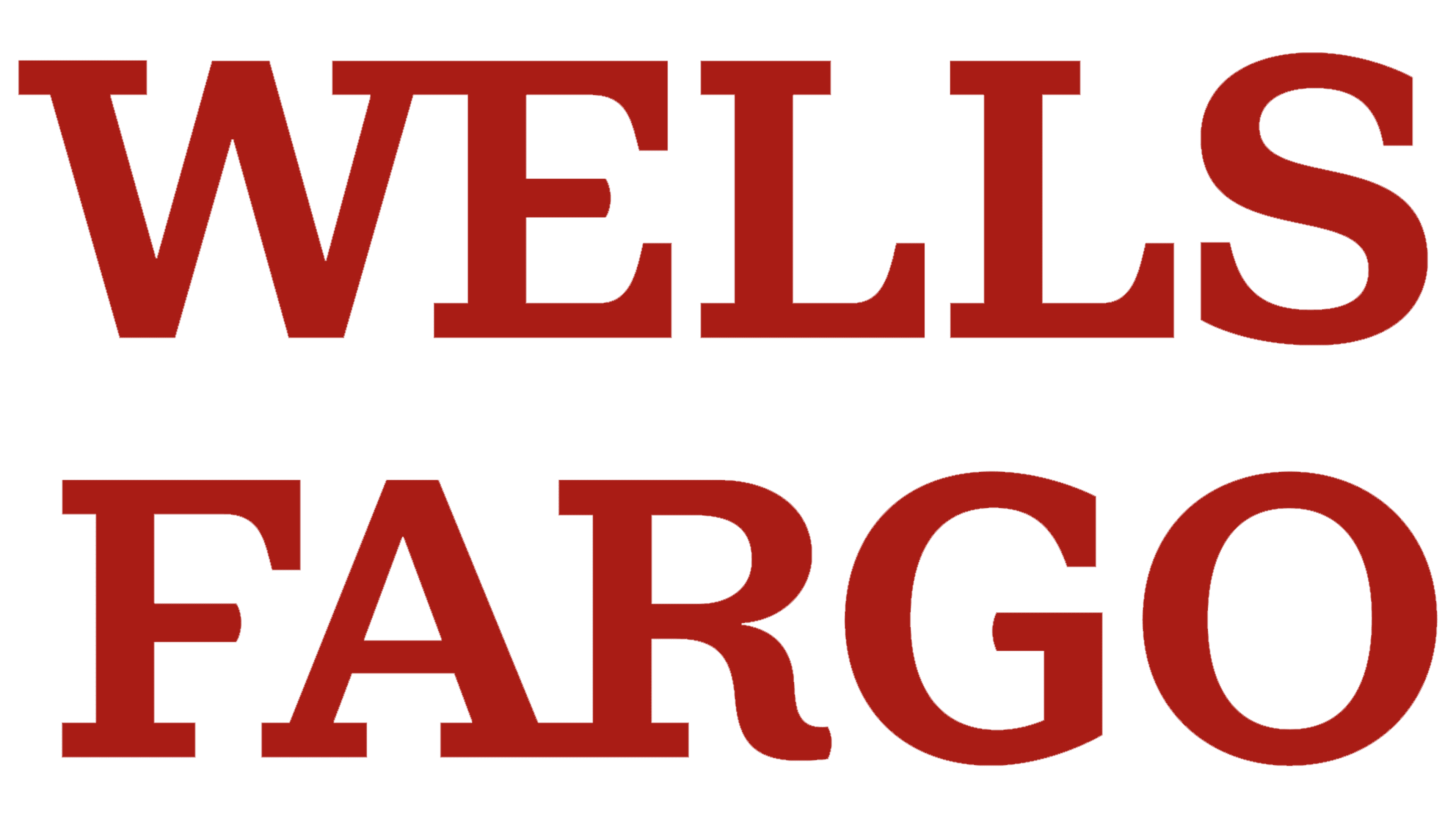The 2024 elections marked a decisive shift in the American political landscape. Republicans achieved a sweeping victory, reclaiming the White House, securing a Senate majority, and maintaining their hold in the House of Representatives. This outcome has set the stage for significant legislative and governmental functional changes in 2025, as the GOP aims to advance its policy agenda while managing the complexities of governing with a unified government.
Republican Election Sweep
The 2024 election results reflected widespread dissatisfaction with the status quo, with voters signaling a demand for a clear change in direction. The Republican Party capitalized on economic uncertainties, public concerns about immigration and national security, and perceived inefficiencies in the Democratic administration to galvanize its base and attract swing voters.
In the presidential race, Donald J. Trump secured a return to the White House, emphasizing themes of “America First,” economic revitalization, and stringent border controls. His campaign resonated particularly strongly in key battleground states, enabling the GOP to overcome Democratic opposition.
The Senate, previously controlled by Democrats with a slim majority, flipped to Republican hands as the party successfully defended its vulnerable seats and flipped several previously Democratic-held seats in swing states. Meanwhile, in the House of Representatives, Republicans expanded their majority by one seat, perpetuating Speaker Mike Johnson’s challenge with managing his caucus.
This Republican sweep reflects a consolidation of conservative priorities and a renewed focus on tax reform, government efficiency, immigration reform, and bolstering national security. However, it also underscores challenges in balancing intraparty divisions, particularly between traditional fiscal conservatives and the more populist wing of the party.
Lame Duck Session Priorities
As the 118th Congress entered its lame-duck session following the election, Democrats and a still-Democratic White House focused on cementing key legislative goals before ceding control. A flurry of negotiations aimed at securing wins on issues likely to face resistance under the incoming Republican government.
- Budget and Debt Ceiling Agreements
Congress is forced to address the expiring Continuing Resolution and the expiration of the nation’s borrowing limit. The GOP is expected to force an extension of the budget deadline into early 2025, when the GOP controls both chambers, allowing them more control over spending. The debt ceiling is another matter. The GOP may go along with the Democrats to avoid having to solely own the politics of increasing the limit on their watch. - Judicial Appointments
With the Republican Senate poised to assume control, the outgoing Democratic majority plans to confirm judicial nominees to federal courts, shaping the judiciary for years to come. This effort underscored the broader struggle over judicial philosophy and the role of the courts in interpreting contentious policies. - Disaster Relief Bill: Paired with Tax Extensions?
Both parties understand the need to pass a disaster relief bill now that the election is over. This offers an opportunity to advance the extension of some expiring tax provisions, such as bonus depreciation (174 & 163(j)). Democrats will insist on enhancing the Child Tax Credit. This same dynamic has stymied passage several times over the last year. - Defense Authorization (NDA)
The NDA will move in December with broad bipartisan support. It is often referred to as a Christmas Tree bill because many extraneous provisions can be attached to its passage, resembling ornaments on the tree. Some of these “ornaments” can be surprising pet projects of our elected officials. It’s always interesting!
Previewing Legislation Efforts for 2025
With Republicans in full control of the federal government, the legislative agenda for 2025 will focus on implementing Trump 2.0 policy priorities across a range of issues. The GOP aims to deliver on promises made during the campaign while addressing the nation’s pressing economic and geopolitical challenges.
- Tax Reform
Comprehensive tax reform is a centerpiece of the Republican agenda. Republicans plan to extend the Tax Cuts and Jobs Act (TCJA). Any efforts to reduce corporate and individual tax rates will likely face scrutiny by the Democrats over their impact on the federal deficit. The GOP is counting on large offsets from tariff imposition, clawing back unspent Inflation Reduction Act monies, and economic growth resulting from a lower tax burden to negate most of the bill’s cost. It’s widely expected the GOP will use two reconciliation opportunities in 2025 to address tax reform and several other priorities of the Trump administration. The first would likely extend the TCJA as is, and the second would address the many tax promises President-Elect Trump made during the campaign. These include no tax on tips, overtime, and Social Security payments, a lower tax rate for domestic manufacturers, and others. - Immigration and Border Security
Addressing immigration, a key campaign promise is set to dominate early executive action and legislative efforts. Republicans will pursue stricter border security measures, increased enforcement funding, and asylum and visa system reforms. These efforts will likely spark contentious debates with Democrats over the humanitarian implications of proposed policies. - DOGE- Department of Government Efficiency
The committee, led by Elon Musk and Vivek Ramaswamy and chaired by Representative Marjorie Taylor Green, is tasked with finding efficiencies in the Federal government. The committee is expected to be ruthless in its assessment and recommendations for reshaping how the government fulfills its roles, including many personnel decisions.
- Energy and Infrastructure
The GOP will emphasize domestic energy production, roll back regulations on fossil fuels, and expand oil and gas exploration. Infrastructure investments, particularly those related to energy development and manufacturing, are also anticipated to take center stage. - Healthcare and Social Security
Republicans signaled an interest in addressing the rising healthcare costs by promoting market-based solutions and reducing regulatory barriers. Healthcare changes might be included in the second reconciliation tax effort. True to his promise, changes to Social Security benefits are unlikely in the next two years. - Education and Workforce Development
The Republican agenda will include efforts to expand school choice and promote vocational training. These initiatives aim to address workforce shortages and improve education outcomes while appealing to conservative voters who prioritize parental rights. - Foreign Policy and Defense
On the international stage, Republicans will adopt a more hawkish approach, focusing on countering China’s influence and bolstering defense spending. Support for Ukraine and Taiwan will continue, though with greater scrutiny of aid packages and an emphasis on allied burden-sharing. Expect the President to renew his demand that NATO partners meet their 2% of GDP NATO funding requirement.
What’s clear is that the GOP believes it won a mandate in 2024 and intends to legislate, deregulate, and make decisions based on that belief.
Challenges and Outlook
Despite holding unified control, Republicans face challenges in governing effectively. Intraparty divisions between moderates and more populist factions may complicate consensus-building, particularly on fiscal and social policies. Moreover, the slim GOP majority in the Senate will necessitate bipartisan cooperation to overcome filibusters, requiring careful negotiation and compromise.
Democrats, now in the minority, will focus on rallying public opposition to Republican policies and preparing for the 2026 midterm elections. Their ability to block or reshape legislation will depend on public opinion and the willingness of moderate Republicans to break ranks.
As the 2025 legislative session unfolds, Jeff offers his audiences timely insights into the priorities and capabilities of a Republican-controlled government. Understanding these dynamics will be crucial for investors, business leaders, and financial advisors navigating a rapidly changing political and economic environment. Jeff Bush’s expertise and analysis will provide invaluable guidance during this pivotal moment in American governance.














